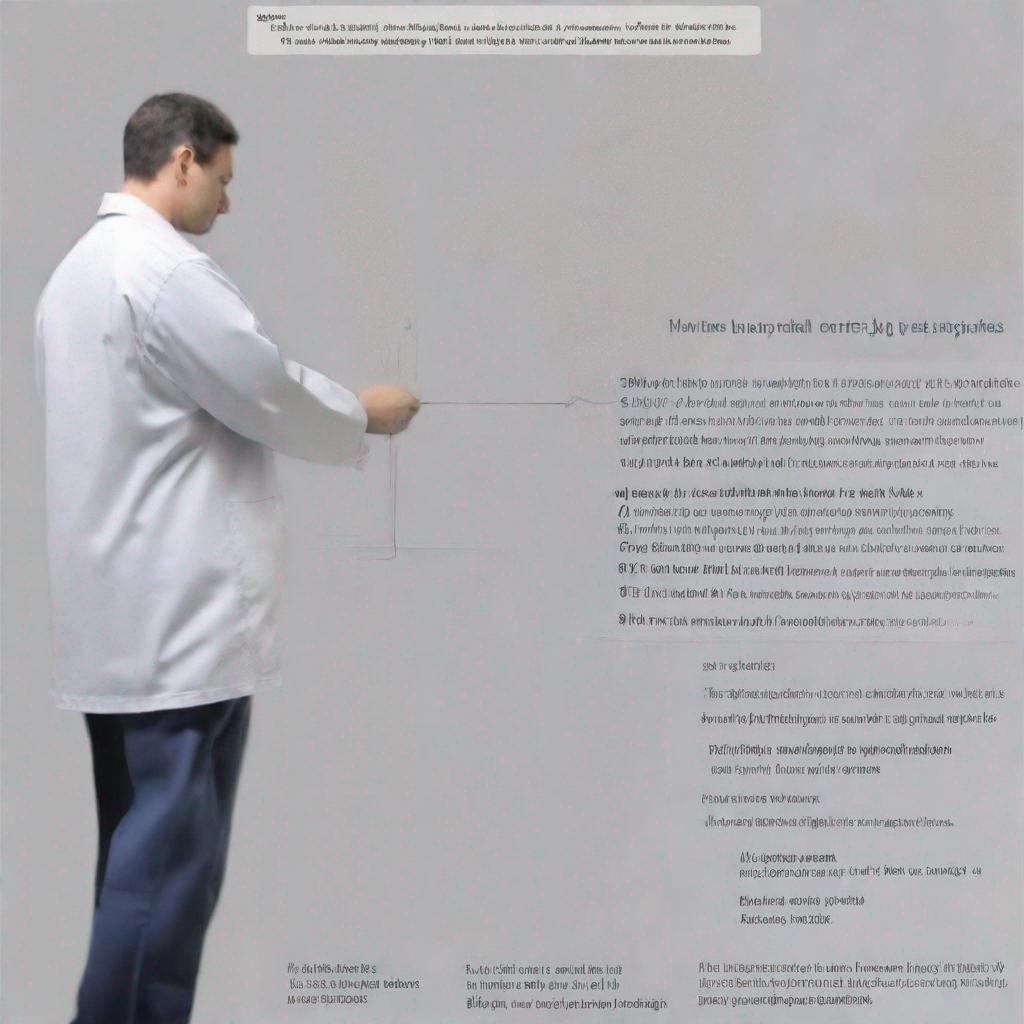“`html
Understanding the INSULIN Test: A Comprehensive Guide for Patients
Introduction
The INSULIN test is a critical diagnostic tool that helps healthcare providers evaluate the function of your pancreas and identify various health conditions, including diabetes, hypoglycemia, and insulin resistance. The test measures the levels of insulin, a hormone produced by the pancreas, in your bloodstream.
Test Overview
The INSULIN test assesses the pancreas’s ability to produce and release insulin into the bloodstream. Insulin is responsible for regulating blood sugar levels by allowing glucose to enter cells for energy. The test helps determine if the pancreas is producing enough insulin, too much insulin, or if the body is not responding to insulin properly.
Conditions and Diseases Detected
The INSULIN test is used to diagnose and monitor the following conditions:
– **Diabetes:** A disorder characterized by high blood sugar levels due to the body’s inability to produce or use insulin effectively.
– **Hypoglycemia:** A condition marked by unusually low blood sugar levels, often caused by too much insulin production or certain medications.
– **Insulin Resistance:** A condition where the body’s cells become less responsive to insulin, leading to high blood sugar levels.
Preparation Guidelines
Before the INSULIN test, you may be required to:
– **Fast for 8-12 hours:** Avoid eating or drinking anything except water for the specified period.
– **Avoid strenuous exercise:** Physical activity before the test can affect insulin levels.
– **Inform your doctor:** Let your healthcare provider know about any medications or supplements you are taking, as they may interfere with the test results.
Procedure
The INSULIN test is a simple blood test. A healthcare professional will draw a small sample of blood from a vein in your arm. The blood sample will then be sent to a laboratory for analysis.
Duration and Waiting Time
The blood draw procedure usually takes a few minutes. The time it takes to receive the results depends on the laboratory’s processing time. It typically takes a few hours to a few days.
Additional Tests
Your healthcare provider may recommend additional tests to provide a more comprehensive health assessment, such as:
– **Glucose Tolerance Test:** Measures blood sugar levels over a period of time to assess the body’s response to glucose ingestion.
– **C-Peptide Test:** Measures the levels of C-peptide, a by-product of insulin production, to evaluate pancreas function.
– **Hemoglobin A1c Test:** A blood test that estimates average blood sugar levels over the past 2-3 months.
Conclusion
The INSULIN test is a valuable diagnostic tool that can help healthcare providers identify and manage a range of health conditions. If you have symptoms like frequent urination, excessive thirst, unexplained weight loss, fatigue, or blurred vision, your doctor may recommend an INSULIN test to determine the underlying cause. By understanding the test, you can actively participate in your health care and work with your healthcare provider to improve your well-being.
“`



